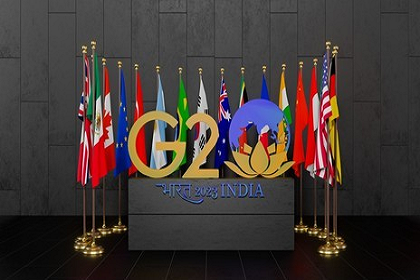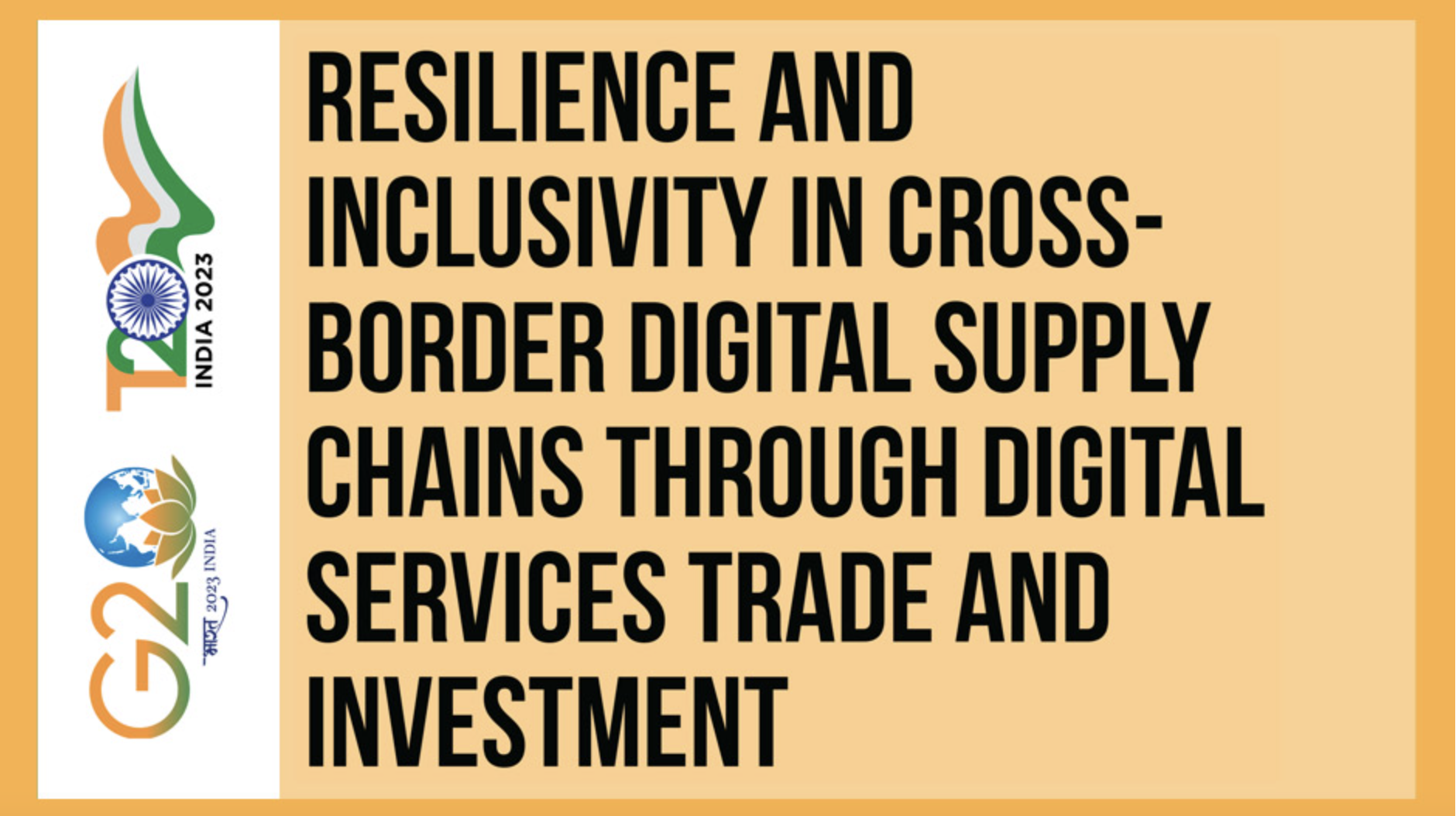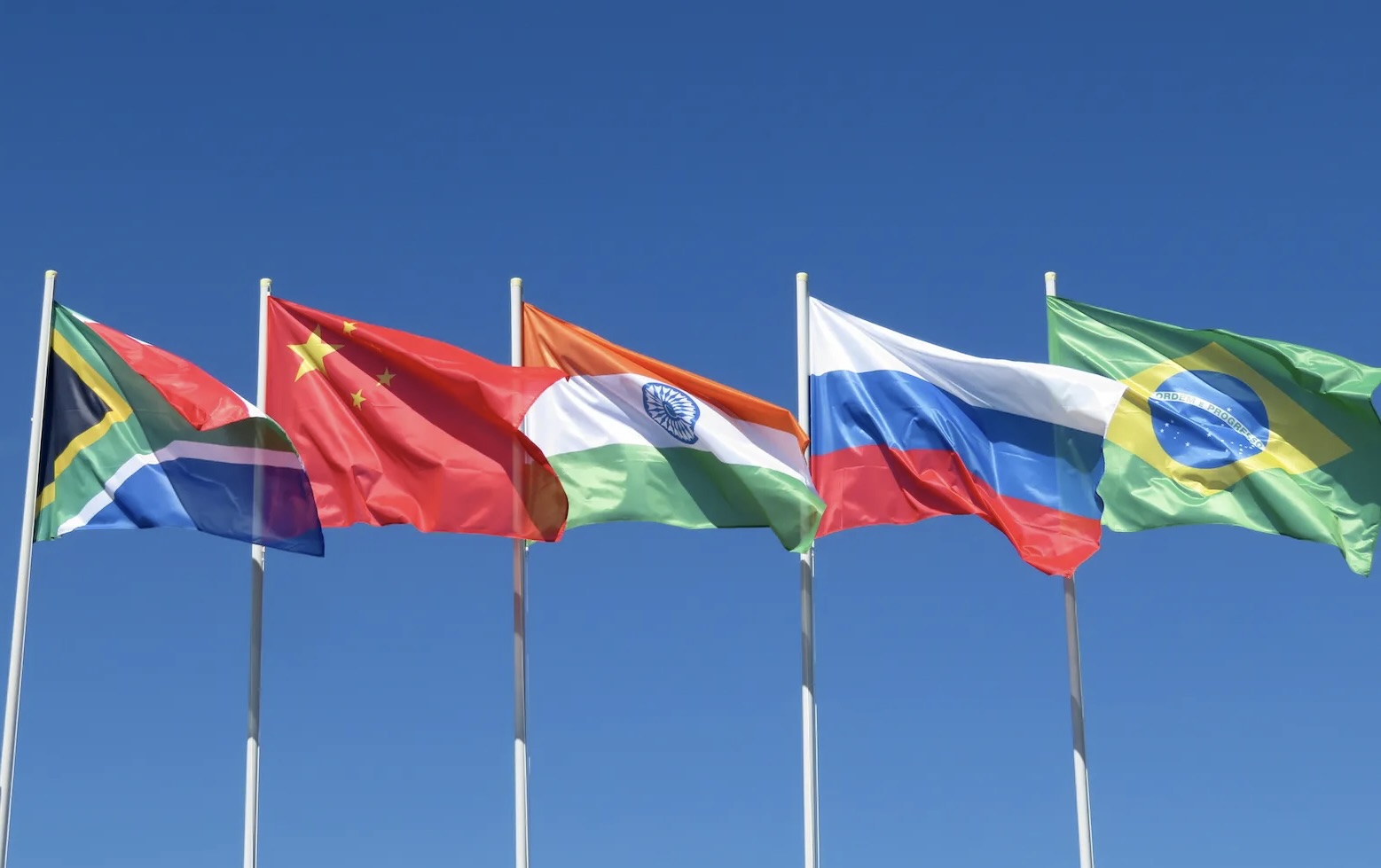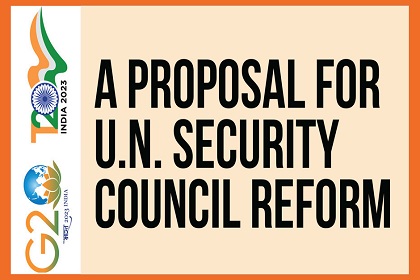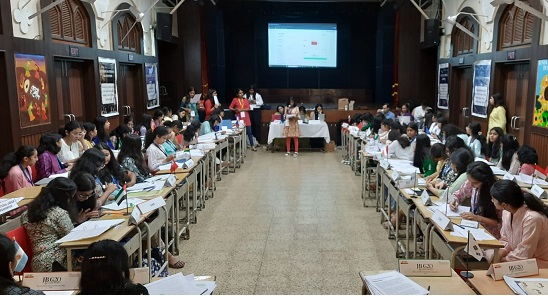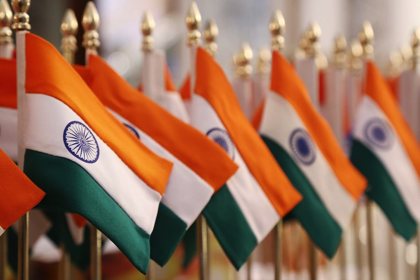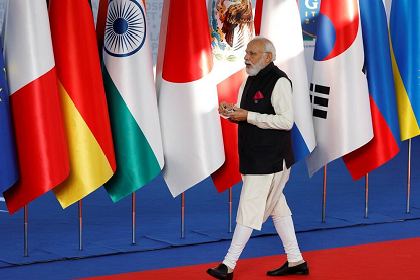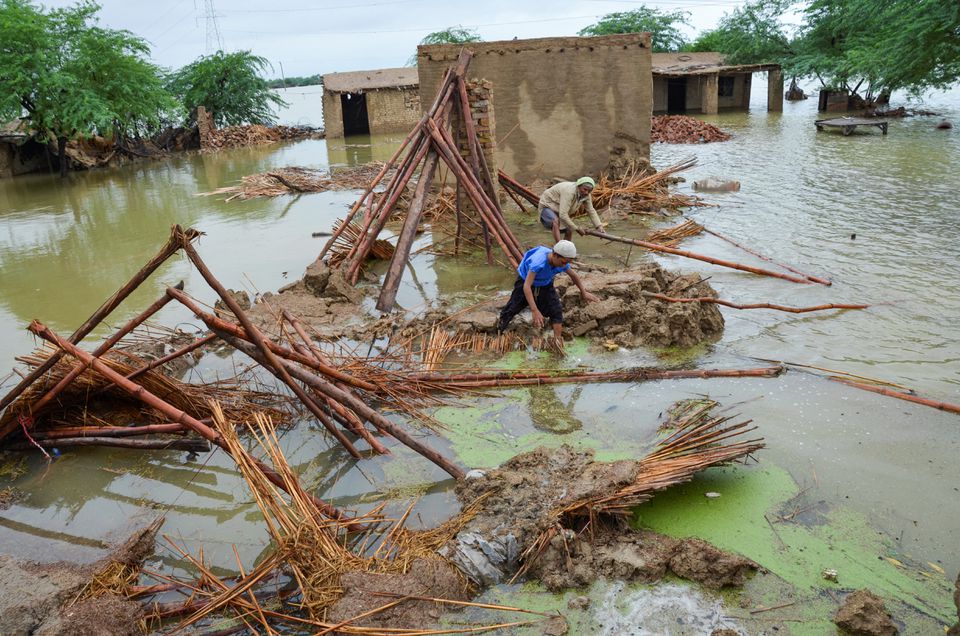Bringing the African Union into the G20
India's proposal to invite the African Union as a full member of the G20 comes three months before the Leaders’ Summit. The AU’s entry will make the grouping more representative and inclusive, thereby enhancing its moral credibility. For its part, the AU’S economic potential and mineral wealth can have a positive impact on decisions of global importance.


